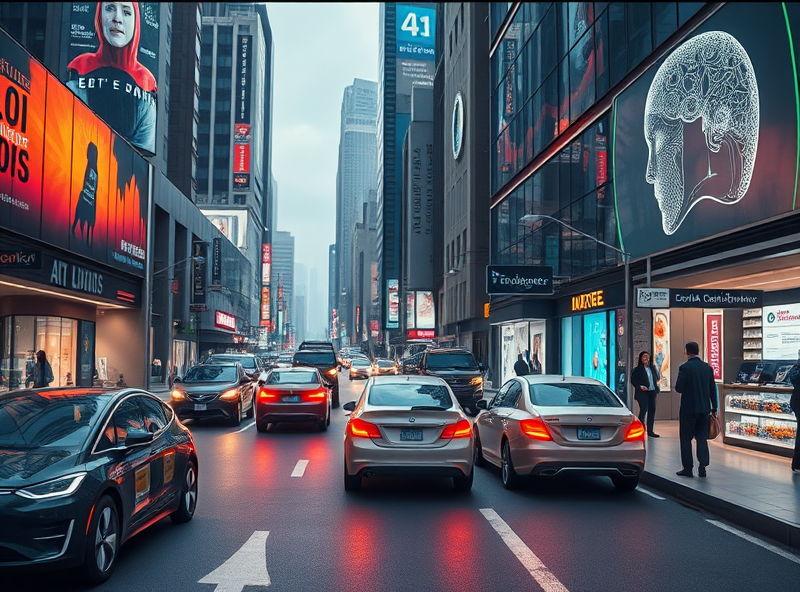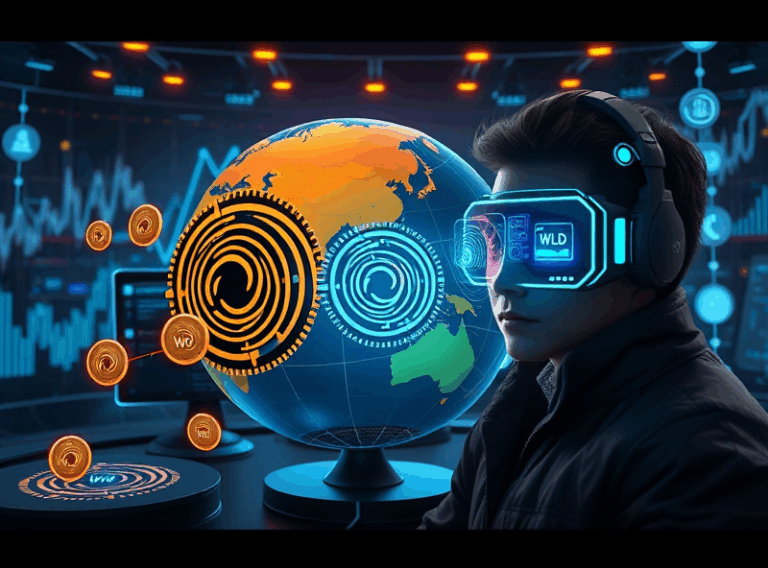How AI Transforms Everyday Life
AI in Transportation
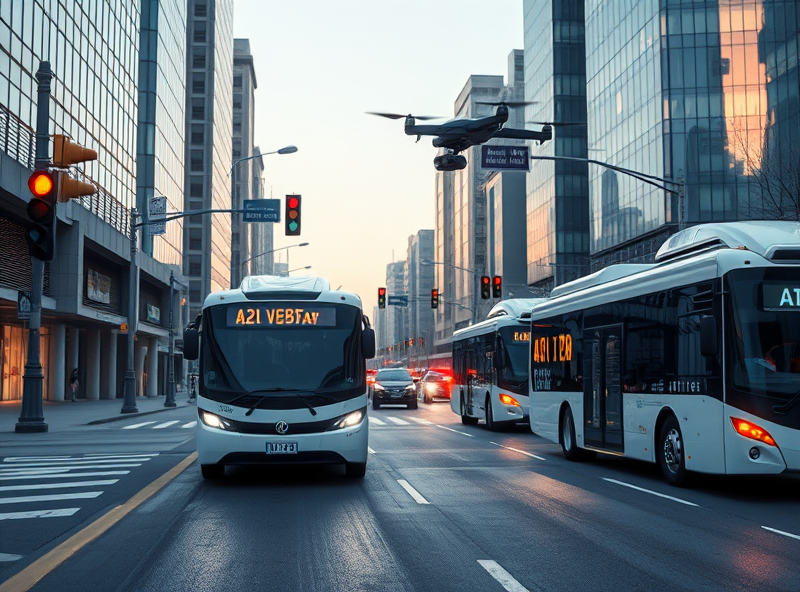
Artificial Intelligence is revolutionizing the way we move from place to place, making transportation smarter, safer, and more efficient. From self-driving cars to intelligent traffic management systems, AI is transforming the daily commute and long-distance travel alike.
One of the most visible applications of AI in transportation is autonomous vehicles. These self-driving cars use a combination of sensors, cameras, and AI algorithms to navigate roads, detect obstacles, and make real-time decisions. This technology has the potential to reduce traffic accidents caused by human error and offer mobility solutions for people who are unable to drive.
AI is also making public transportation more efficient. Smart transit systems use AI to analyze traffic patterns and passenger data, allowing buses and trains to run on optimized schedules. This means shorter wait times, less congestion, and a smoother travel experience for everyone.
In logistics and delivery services, AI helps optimize routes, predict delivery times, and manage fleets more effectively. This not only saves fuel and time but also reduces the environmental impact of transportation.
Moreover, AI-powered traffic management systems are being implemented in cities around the world. These systems monitor traffic flow in real time and adjust traffic signals accordingly, reducing congestion and improving overall road safety.
As AI continues to evolve, we can expect even more innovative solutions that will reshape how we travel and transport goods. Embracing these advancements can lead to safer roads, cleaner cities, and a more connected world.
AI for Retail & E-commerce
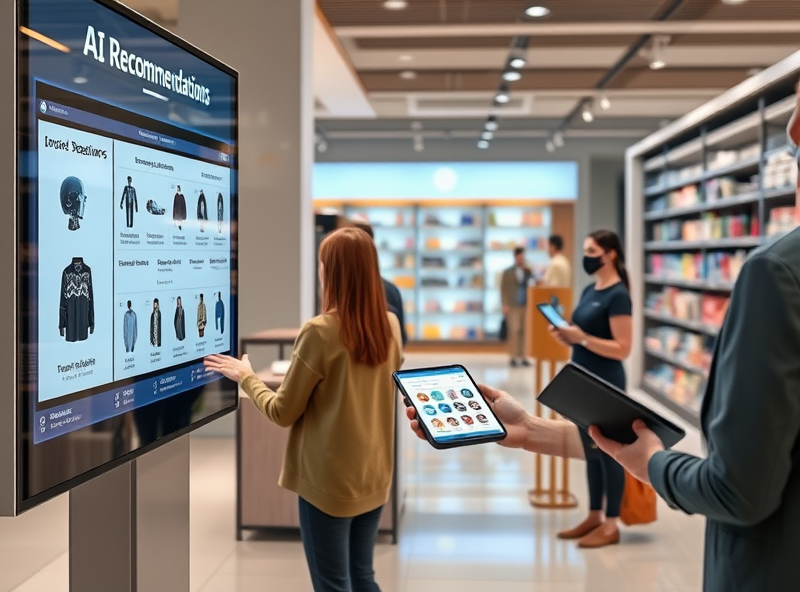
Artificial Intelligence is revolutionizing the retail and e-commerce landscape in ways that make shopping more personalized, efficient, and enjoyable for everyone. From smart product recommendations to AI-powered chatbots, businesses are now able to better understand customer preferences and deliver tailored experiences. For example, AI algorithms analyze browsing history, purchase behavior, and even social media activity to suggest products that truly match individual tastes. This not only improves customer satisfaction but also boosts sales for retailers.
Inventory management is another area where AI shines. By predicting demand patterns and optimizing stock levels, AI helps prevent overstocking or running out of popular items. This leads to smoother operations and happier customers. Additionally, AI-driven visual search tools allow shoppers to upload a photo and instantly find similar products online, making the shopping journey more intuitive and fun.
AI also enhances customer service through virtual assistants and chatbots that provide instant support 24/7. These tools can answer questions, process returns, and even help track orders, reducing wait times and improving overall customer experience.
In short, AI is not just a trend—it’s a powerful tool that’s making online and in-store shopping smarter, faster, and more enjoyable for everyone.
AI in Finance
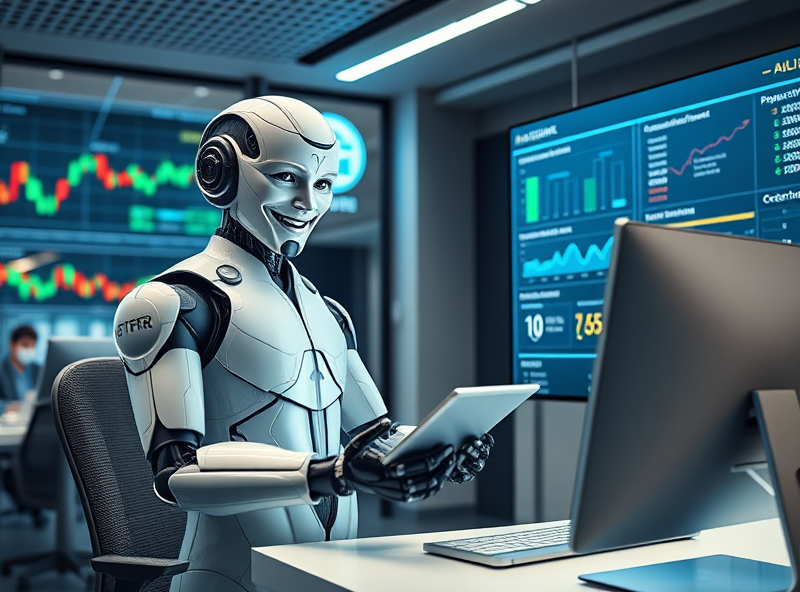
Artificial Intelligence is quietly revolutionizing the world of finance, making it smarter, faster, and more secure. One of the most impactful applications is fraud detection. AI systems can analyze massive volumes of financial transactions in real-time, identifying unusual patterns that may indicate fraudulent activity. This helps banks and financial institutions protect your money more effectively than ever before.
Another exciting development is in credit scoring. Traditional credit assessments often overlook valuable data, but AI can evaluate a broader range of information — such as spending habits and online behavior — to provide a more accurate and fair credit score. This opens up financial opportunities for people who may have been excluded by conventional systems.
AI is also powering algorithmic trading, where machines make split-second investment decisions based on market data. These AI-driven strategies can react to market changes faster than any human, potentially increasing returns and reducing risk.
Lastly, robo-advisors are becoming a popular tool for personal finance. These AI-powered platforms offer automated financial advice tailored to your goals, risk tolerance, and timeline. They make investing more accessible and less intimidating, especially for beginners.
In short, AI is making finance more inclusive, efficient, and secure — helping everyday people make smarter money decisions.
AI in Entertainment

Artificial Intelligence is quietly transforming the way we enjoy movies, music, video games, and even how we create content. In the entertainment industry, AI is being used to personalize recommendations on platforms like Netflix, Spotify, and YouTube. These smart algorithms analyze your viewing or listening habits to suggest content you’re more likely to enjoy, saving you time and making your leisure moments more enjoyable.
AI is also playing a major role in content creation. For example, AI-generated music and scripts are becoming more common, helping creators brainstorm ideas or even compose entire pieces. In video games, AI enhances realism by powering non-player characters (NPCs) with lifelike behavior, creating more immersive experiences.
Moreover, AI tools are being used in film production to streamline editing, generate visual effects, and even de-age actors. This not only reduces production time and costs but also opens up new creative possibilities.
For content creators, AI-powered tools like voice cloning, video editing assistants, and automated subtitles make it easier to produce high-quality content with fewer resources. Whether you’re a casual viewer or a professional creator, AI is making entertainment more accessible, personalized, and engaging than ever before.
